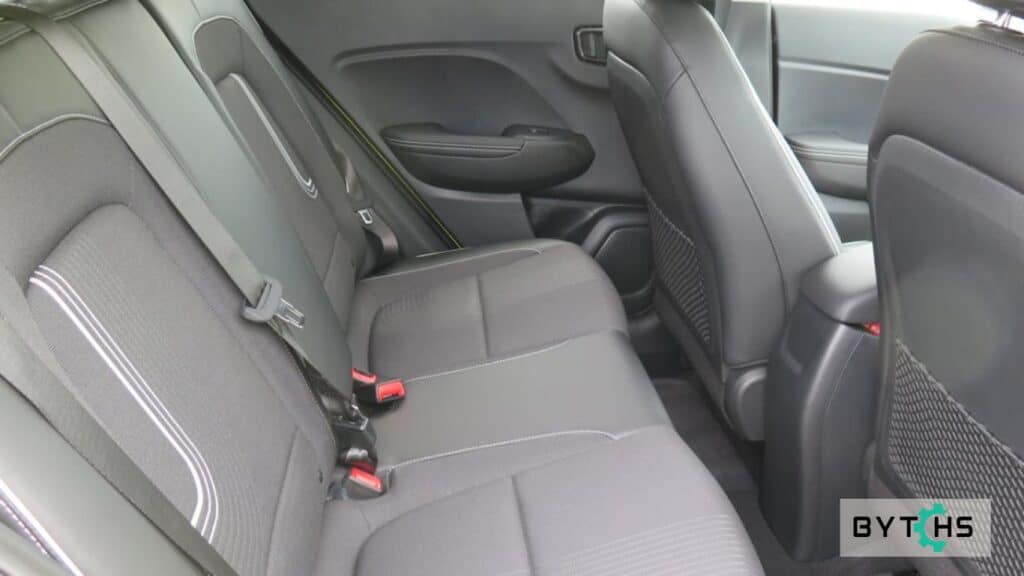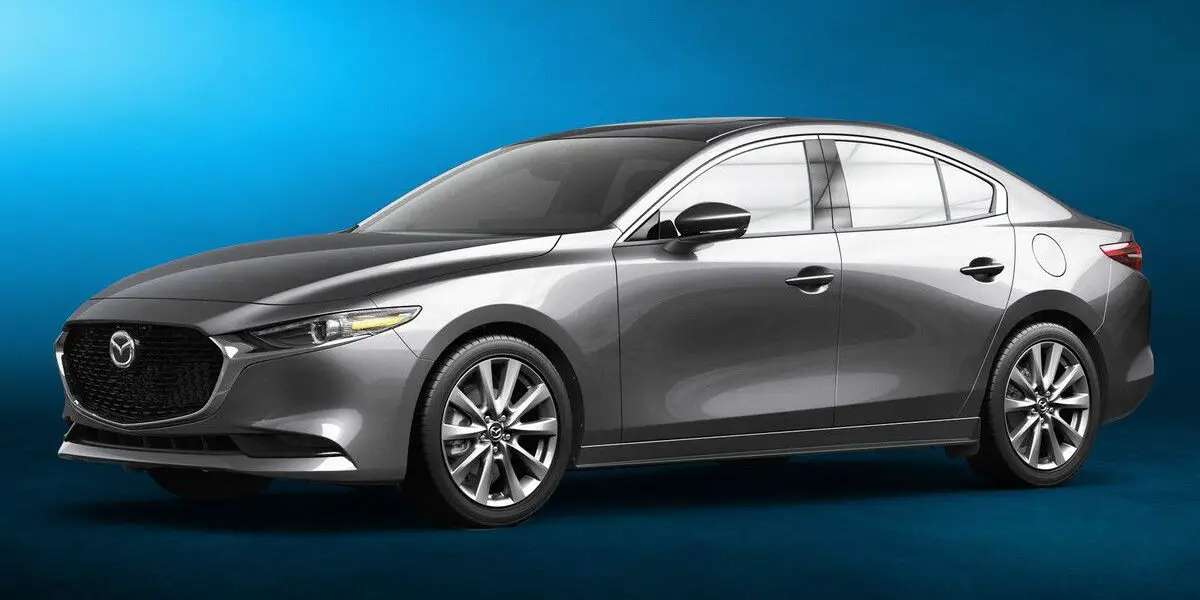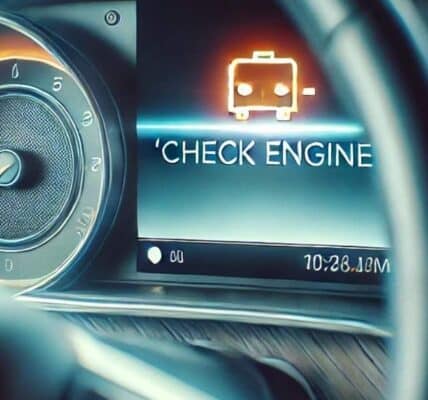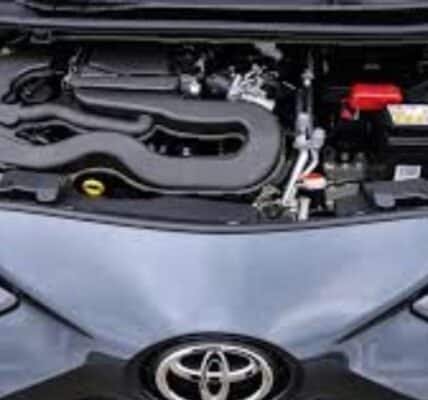As someone who has spent years immersed in the automotive industry, I understand the excitement and anticipation that comes with purchasing your first car. It’s a milestone moment, a decision that can shape your driving experience for years to come. One crucial aspect that often flies under the radar, especially for novice buyers, is the engine size. Today, we’re diving into the question: Is a 1.4-liter engine the right choice for your inaugural ride?
Quick answer: Don’t miss out
Is a 1.4 Engine Good for Your First Car? A 1.4-liter engine can be an excellent choice for a first car, especially if you prioritize fuel efficiency, affordability, and ease of handling. However, it’s essential to consider factors such as highway performance and cargo space before making your decision.
Understanding Engine Size: A Personal Perspective
From my experience, engine size isn’t just a number; it’s a crucial factor that can significantly impact your driving experience. Let’s break it down: a 1.4 engine denotes the total volume of all the cylinders within. It’s the heart of your vehicle, dictating not just power but also fuel efficiency, handling, and even insurance costs.
Also Read: Is a 1.6 Engine Good for a First Car?
The Benefits of Opting for a 1.4 L Engine
In my view, there are several compelling reasons to consider a 1.4-liter engine for your first car:
1. Fuel Efficiency:
According to my observations, smaller engines like the 1.4-liter tend to sip fuel rather than guzzle it. This translates to fewer trips to the gas station and more money saved in your pocket, a boon for any budget-conscious driver.
2. Lower Insurance Costs:
In my experience, insurance companies often favor cars with smaller engines when calculating premiums. A 1.4-liter engine is perceived as less risky, resulting in more affordable coverage for novice drivers.
3. Affordability:
From my point of view, vehicles equipped with 1.4-liter engines strike a balance between performance and affordability (here you can check prices). They offer enough power for daily urban commutes without breaking the bank during the initial purchase.
4. Easier Handling:
Based on my experience, cars with smaller engines tend to be lighter and more nimble on the road. This translates to easier maneuverability, especially in crowded city streets or tight parking spaces.

5. Environmental Considerations:
As an advocate for sustainable driving practices, I believe it’s essential to consider the environmental impact of your vehicle. A 1.4 engine typically emits fewer emissions, contributing to a cleaner, greener planet.
6. Decent Performance for Everyday Driving:
In my opinion, a 1.4-liter engine provides adequate power for typical city driving scenarios. While it may not offer the same muscle as larger engines, it’s more than capable of handling your daily commute.
Potential Drawbacks of Using 1.4 Engine: A Balanced Perspective
However, it’s essential to weigh the pros against the cons:
Limited Power:
From my experience, a 1.4-liter engine may struggle when faced with demanding situations such as highway driving or steep inclines. If you frequently embark on long-distance trips, you may find its power output lacking.
Cargo and Passenger Space:
In my view, smaller cars equipped with 1.4-liter engines often sacrifice interior space. If you frequently transport passengers or bulky items, this could pose a challenge.

Resale Value:
While not a deal-breaker, my observation is that cars with smaller engines may not command as high a resale value as their larger counterparts. It’s something to consider if you plan on selling your vehicle down the line.
Ideal Scenarios for a 1.4 L Engine
- Urban Driving: For drivers who primarily navigate city streets, a 1.4-liter engine offers ample power while providing excellent fuel economy.
- Budget-Conscious Buyers: The initial cost, fuel savings, and lower insurance premiums make a 1.4 engine a sensible choice for those looking to keep expenses down.
- Eco-Friendly Drivers: If reducing environmental impact is a priority, a smaller engine with lower emissions is a step in the right direction.
FAQ: Everything You Need to Know About a 1.4 L Engine for Your First Car
As an expert in the automotive industry, I’ve encountered numerous questions surrounding the suitability of a 1.4-liter engine for first-time car buyers. Let’s delve into some common queries to provide you with comprehensive insights.
Q1. How many miles can a 1.4 engine do?
A 1.4-liter engine can typically endure well over 100,000 miles with proper maintenance, making it a durable choice for first-time buyers.
Q2. How fast can a 1.4 L go?
While exact speeds vary by model, most vehicles with a 1.4-liter engine can comfortably reach highway speeds, ensuring smooth performance on the road.
Q3. Is 1.4 L too big for a first car?
No, a 1.4-liter engine strikes a balance between performance and economy, making it suitable for novice drivers seeking efficiency and manageable power.
Q4. What cars have 1.4 engines?
Several popular models feature 1.4 engines, including the Volkswagen Golf, Ford Fiesta, Chevrolet Cruze, and Fiat 500, offering diverse options for buyers.
Q5. How much HP should your first car have?
For first-time drivers, a car with around 100 to 150 horsepower provides sufficient power for daily driving without overwhelming inexperienced drivers, ensuring a smooth learning curve.
Conclusion:
As someone deeply passionate about all things automotive, I believe that choosing the right engine size is crucial for a fulfilling driving experience. In my opinion, a 1.4-liter engine strikes a balance between performance and economy, making it well-suited for novice drivers embarking on their automotive journey. By weighing the benefits and drawbacks, you can make an informed decision that aligns with your needs and preferences. Happy driving!



